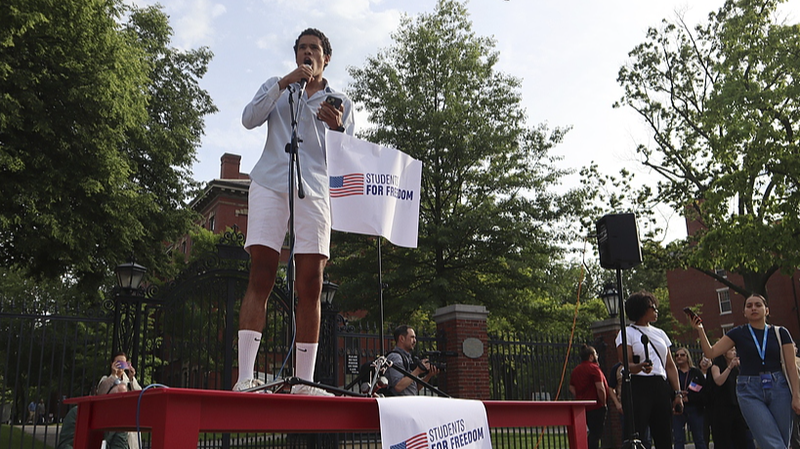US Ban Spurs 'Academic Refugees'
When the US government barred Harvard and other top institutions from enrolling new international students and urged current students to transfer, a wave of 'academic refugees' was unleashed. Rather than being stranded, many are finding new homes in Asia, signaling a major shift in global talent flows.
Fast-Tracked Onboarding in Hong Kong SAR and Macao SAR
Hong Kong Special Administrative Region (SAR) and Macao Special Administrative Region (SAR) wasted no time. They rolled out transfer assistance, visa support, academic continuity plans and housing packages to welcome displaced students. This swift, structured response underscores their readiness to compete on the world stage.
Rising Lure of the Chinese Mainland and Hong Kong SAR
Hong Kong SAR stands out in Asia with five QS Top 100 universities, offering English-medium instruction, flexible admissions and a broad range of programs. Meanwhile, universities in the Chinese mainland are stepping up, especially in engineering, biochemistry and AI. A 'China experience' now commands weight on resumes, giving candidates intercultural fluency and insights into China's business ecosystem.
Return of Top-Tier Academics
It's not just students relocating. Since last year, public records show a surge of elite academics—many of Chinese descent—returning to the Chinese mainland to lead in mathematics and physics. Competitive funding, state-of-the-art labs and attractive incentives are drawing them back. For many, a more supportive research environment outweighs uncertainties abroad.
Data-Driven Trends
According to the 2024 Zhilian Zhaopin Report on Chinese Returnee Employment, the number of students returning for work jumped 19% last year, double the 2018 figure. This data underscores a broader realignment as global uncertainty pushes talent toward emerging markets.
Opportunities in Emerging Sectors
China's booming economy, with growth hotspots in green energy, semiconductors and AI, is creating fertile ground for ambitious professionals. These sectors aren't just expanding—they're shaping a new frontier for innovation, where global citizens can build impactful careers.
What's Next?
As competition for top talent intensifies, those regions and institutions that embrace flexibility, strategic agility and a truly global outlook are poised to lead. The eastward shift of scholars and students marks the start of a more multipolar academic and innovation era.
Reference(s):
cgtn.com




